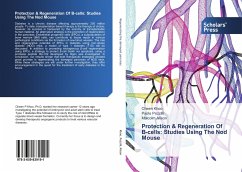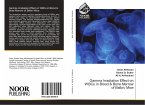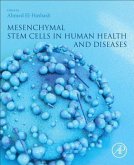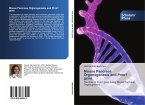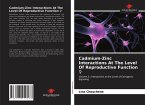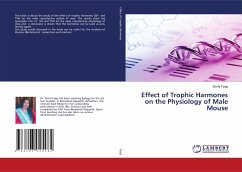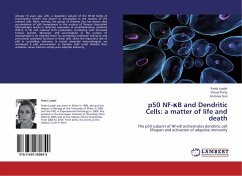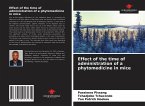Diabetes is a chronic disease affecting approximately 250 million people. To date, transplantation-based therapy is the therapy of choice; however, its success is hampered by the scarcity of transplantable human material. An alternative strategy is the promotion of regeneration in the pancreas. Endothelial progenitor cells (EPCs), a subpopulation of bone marrow (BM) cells, can contribute to tissue repair in various pathological conditions via the formation of new blood vessels. The role and regenerative potential of EPCs in diabetes using non-obese diabetic (NOD) mice, a model of type 1 diabetes (T1D) will be discussed. In addition to promoting endogenous beta-cell regeneration using EPCs, a strategy to protect beta-cell death via apoptosis, using a protease peptide XG-102 developed by Xigen was investigated. In conclusion, our results shown that both therapeutic strategies showed great promise in regenerating the damaged pancreas of NOD mice. While these strategies are still under further investigation, they offer encouragement in the quest for the treatment of early diabetes in the future.

